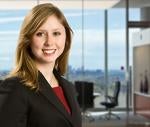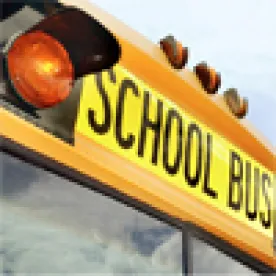Mo. App. W.D. affirms defense judgment in products case in an opinion highlighting several trial issues relating to the admission of testimony, exlusion of evidence, and juror nondisclosure.
Court Summary:
A school bus operated by a driver for the Liberty Public School District crashed into a pick-up truck, instantly killing the driver of the pick-up truck, David Gleason, and causing permanent, catastrophic injury to two children who were passengers on the bus, Renna Yi and Andrew Hubbard. The three families filed a products liability action and proceeded to trial against Bendix Commercial Vehicle Systems, the manufacturer of the air brake system used on the bus, and against Thomas Built Buses, the manufacturer of the bus. The jury returned a verdict in favor of the Respondents.
Appellants argue that the trial court erred in denying their motion for a new trial and raise five points on appeal. First, they argue that a new trial was required due to intentional nondisclosure by a juror. Second, they argue that the court erroneously admitted testimony of their withdrawn experts. Third, they argue error in allowing an adverse inference regarding their failure to call certain experts. Fourth, they argue error in the exclusion of experimental brake test results. Fifth, they argue error in admitting testimony from a defense expert as to causation and standard of care issues.
AFFIRMED
Division Three holds:
(1) The trial court did not err in denying the motion for new trial based on intentional nondisclosure by a juror because the juror testified that he disclosed everything he considered responsive to the question about family members working in the legal field and because Appellants failed to establish that he held any negative attitudes or beliefs towards the jury system at the time he was questioned in voir dire.
(2) The trial court did not err in admitting deposition testimony of Appellants' withdrawn experts in that the experts' opinions were referred to by Appellants throughout their case-in-chief, relied upon by Appellants' other experts in forming their opinions and formed the basis of animations that Appellants played in both opening and closing statements. Further, Appellants represented to the court that they would lay the foundation for the animations later in trial through these experts but instead withdrew them after four weeks of trial. Moreover, the Appellants' objections to lack of foundation were neither preserved at the experts' depositions nor in deposition designations exchanged by the parties before trial pursuant to the scheduling order.
(3) After the Respondents argued an adverse inference regarding Appellants' failure to call their two withdrawn experts, the trial court granted all the material relief requested. The court allowed Appellants to state in rebuttal argument that the reason they did not call the experts was to shorten the length of trial. The court did not, however, allow them to assert an untrue statement regarding the witnesses' availability finding that this was improper. It also disallowed them from reminding the jury that the court had sustained their objection to the adverse inference because the jury had already heard that objection sustained in open court.
(4) The trial court did not err in excluding results of experimental brake testing because the conditions of the testing were not substantially similar to the maintenance and wear of the brakes on the actual bus.
(5) The trial court did not err in admitting an expert's testimony concerning causation where Appellants' experts had already opined as to causation and the expert was testifying within his area of expertise.




 />i
/>i

